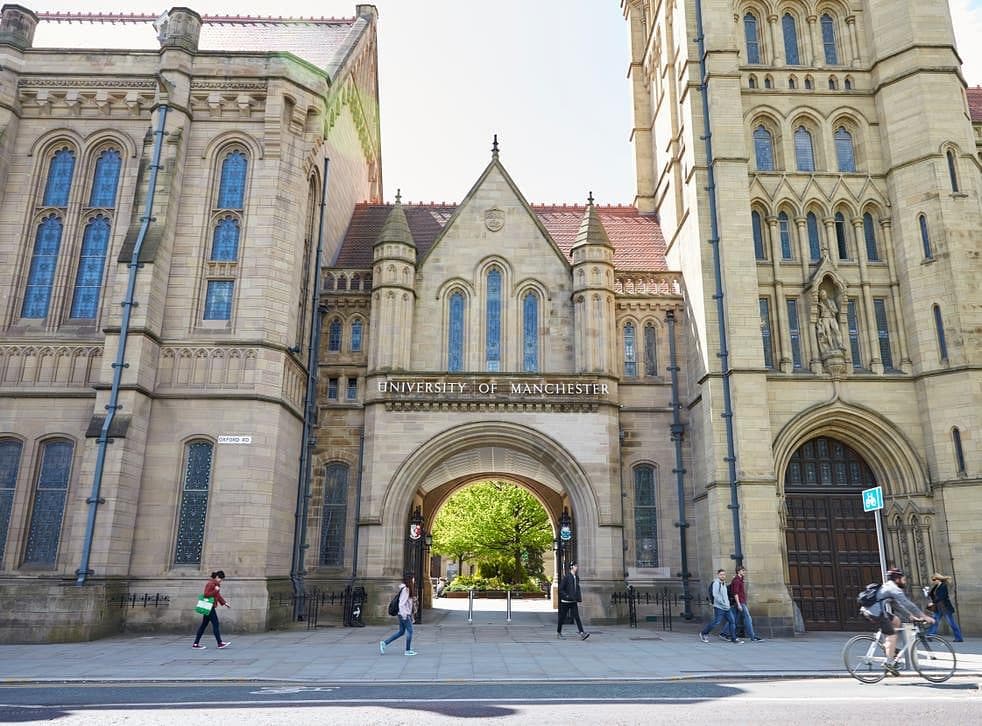This theme brings together a multidisciplinary team to study systems of both fundamental scientific importance and of practical relevance to the chemical industry. Our tools include quantum mechanical methods, molecular dynamics, Monte Carlo simulations, coarse-grained simulations, dissipative particle dynamics, lattice Boltzmann, computational fluid dynamics and mathematical theory.
The Department of Chemical Engineering and Analytical Science is a world leader in industrially relevant research and teaching in chemical engineering and related subjects.
We undertake leading-edge multidisciplinary, creative and relevant research on a wide range of topics. Focused on advancing the science and engineering of complex systems and addressing different scales and levels of complexity, the research in the Department is carried out within four main research themes:
-
Energy
-
Health
-
Sustainability
-
Water
Our breadth of research expertise and highly advanced facilities make us an ideal choice whatever your doctoral interest.
Facilitating research across chemical engineering and bioscience, chemistry, mathematics and analytical and measurement science, means we can offer you the benefits of a large multidisciplinary institution at the same time as ensuring you are given personal support for your professional development.
Coursework and assessment
This is a one-year full-time research degree and provides the opportunity to carry out a substantial research project as well as gain valuable skills and knowledge through a tailored taught package. This programme will normally consist of a 135-credit research project and additional 45 credits of taught content, creating a standard 180 credit postgraduate MSc programme.
The taught units are chosen under guidance of the research supervisor from a selection offered by the Department. The selected units are assessed before completion of the research project and the dissertation is submitted in September. This programme is therefore designed to allow students to combine masters level taught modules with research skills and training development.
Subject to satisfactory progress, it is possible to transfer to PhD at the end of the degree, requiring a further two years full-time study.


